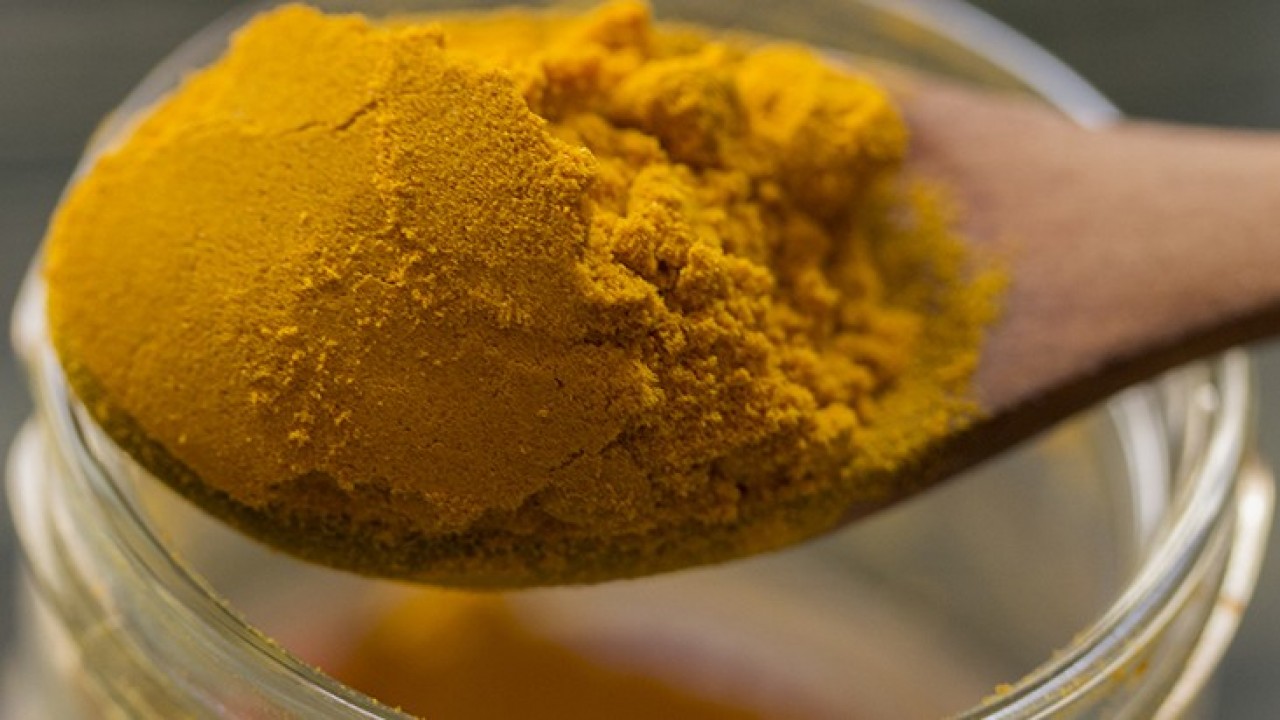
Turmeric, since time immemorial, has been touted as one of the healthiest medicinal spices of India. Here's why.
This is one spice definitely present in every Indian household - whether in the integral spice box, or your grandmother's home remedy cabinet. Not surprisingly, India is among the most prominent producers and consumers of turmeric in the world. Although it has been used in Asia for thousands of years, Arab traders first introduced turmeric to Europe in the 13th century. It was mentioned in Marco Polo's writings about his 1280 journey to China and India. A member of the ginger family, turmeric's root (rhizomes) and leaves are edible and are used in various cuisines, especially in South Asian cuisines - Indian, Nepalese, Cambodian, Indonesian, Thai and in several Mediterranean dishes.
Turmeric is used as a root and in the dried powdered state for cooking, for protection against infections, for beauty as a cosmetic measure in most of our homes. Why is this so?
Benefits Of Turmeric
Nutritionally: Turmeric is among the richest food sources of Iron - 67.8 mg per 100g of turmeric powder. One teaspoon (3g) of turmeric powder provides 2mg of Iron - 10% of the adult daily requirements.
1. Curcumin is the most abundant and active polyphenol in turmeric and is responsible for the beautiful bright yellow colour. It has antioxidant, anti-inflammatory, antibacterial and wound-healing effects. Research is being carried out to study its potential in treating conditions such as arthritis, cancer, cardiovascular and inflammatory bowel diseases. Studies have shown the inhibitory action of turmeric extract against several pathogenic microbes, such as gastric - ulcer causing Helicobacter pylori. The absorption of curcumin improves with pepper.
2. Essential oils extracted from turmeric oil exhibits antifungal properties and is active against respiratory tract viruses such as those causing flu. The oil may help remove sputum, relive cough and prevent asthma. The oil also acts as a natural mosquito repellent for both day and night mosquitoes.
3. Infections controller: In alternative and herbal medicine, turmeric is used to treat conjunctivitis, chicken pox, urinary tract infections and liver ailments. Topical application of turmeric may prevent proliferation of skin tumours.
4. Diabetes: Intake of turmeric extract may reduce the cell-damaging effects of chronic hyperglycaemia in diabetes patients.
5. Antioxidant and germicidal properties of turmeric have led to its extensive use in medicinal and cosmetic products. Curcumin present in turmeric not only acts like an antioxidant, it also boosts the body's natural antioxidant capacity.
6. Carminative effect: Turmeric is known to help with digestion. It is used in traditional medicine for reducing flatus for abdominal pain and distension. It is also known to help with improving appetite, post-meal fullness, and improving liver functions.
With all these benefits, especially against infections and its role in improving immunity, daily consumption of turmeric is beneficial. Choose a good quality turmeric powder, organic if possible.
You can use it:
1. Warm a glass of water with 1 gm (a pinch) of turmeric along with a piece of ginger.
2. You can have turmeric powder with 1 teaspoon of honey daily.
3. You can add it to milk, both hot and cold. For the latter, use haldi diluted in warm water and then cooled, or if you like, you can add it as such.
With the pandemic of Coronavirus we are facing today, I wouldn't say that turmeric is a treatment or a 100% protection against COVID 19, but keeping your immunity up definitely protects you better against the onslaught of infections. Also immunity is built up over time, not in one day, so by inculcating good habits and adopting a healthy lifestyle and eating well, we can face challenges in life.

 Healthy habits help people sidestep clogged leg arteries
Healthy habits help people sidestep clogged leg arteries



